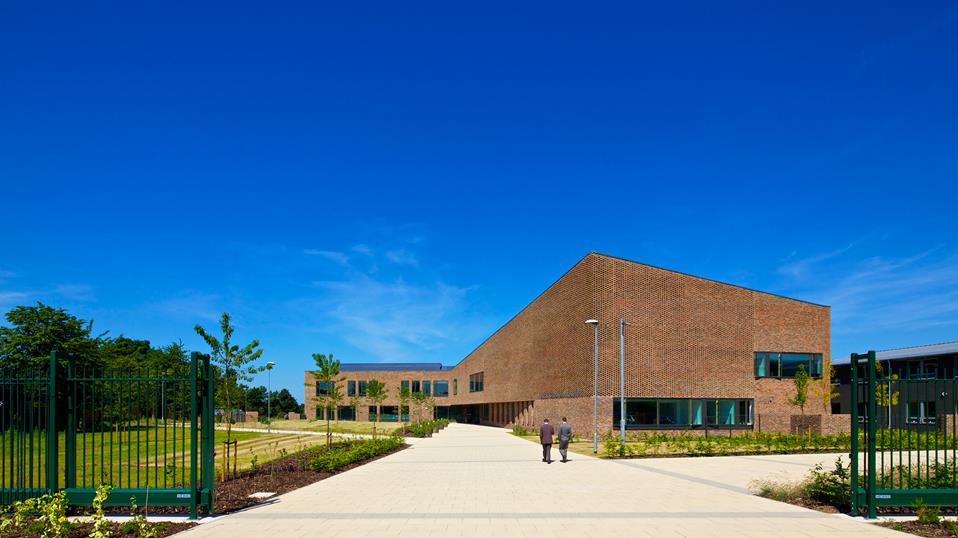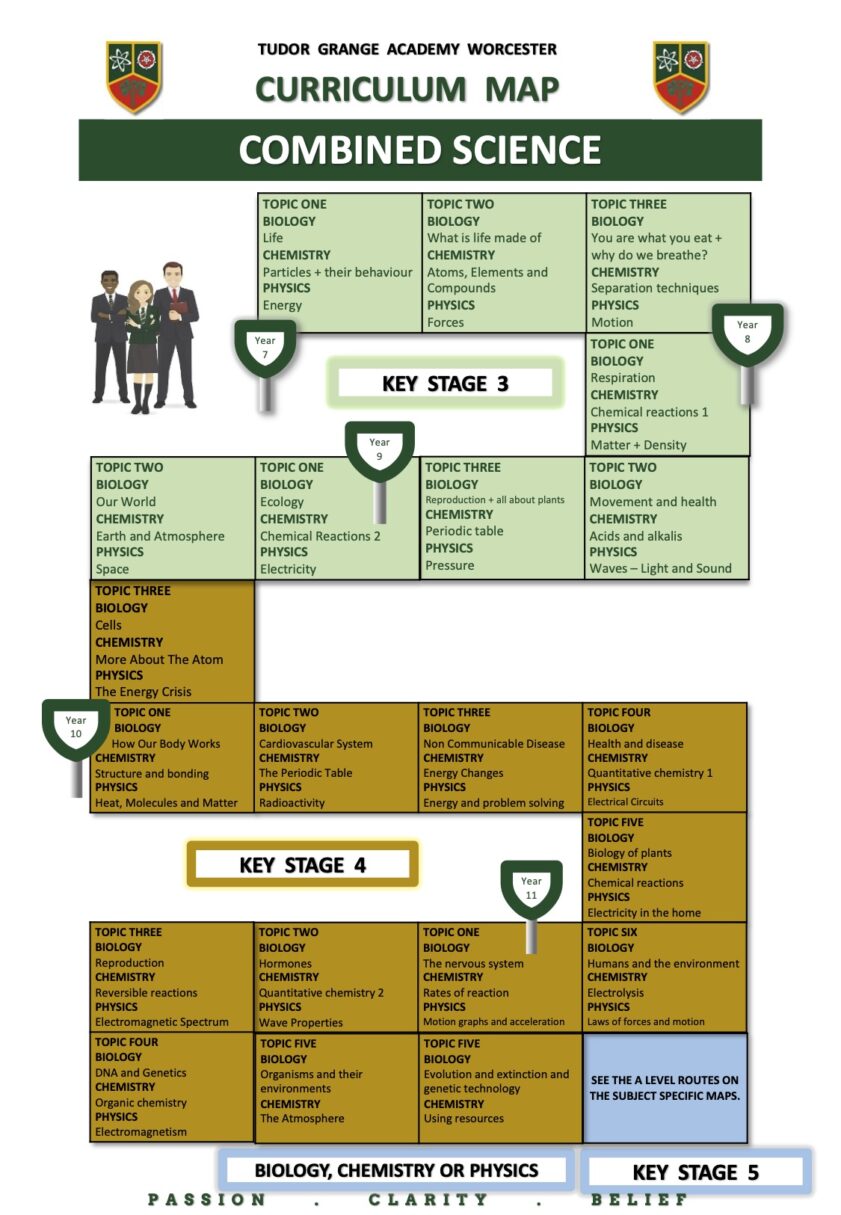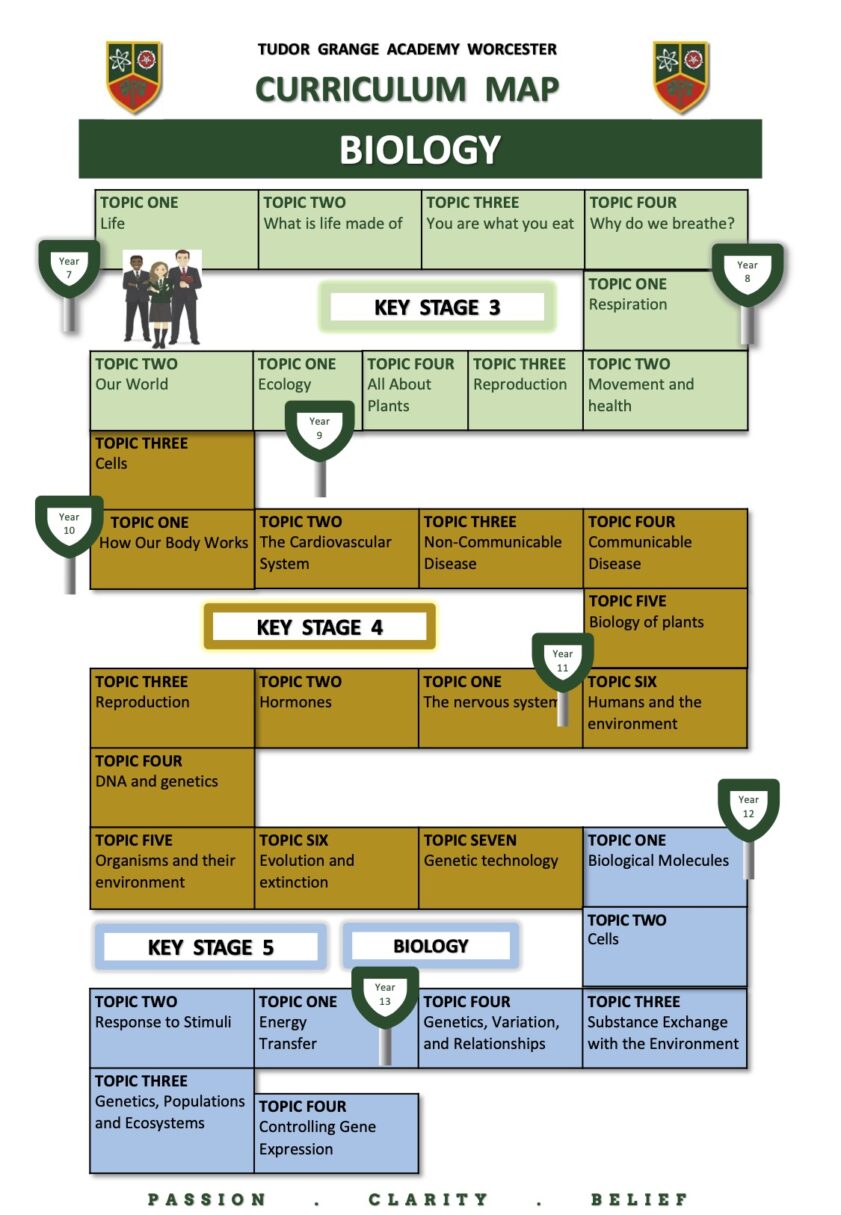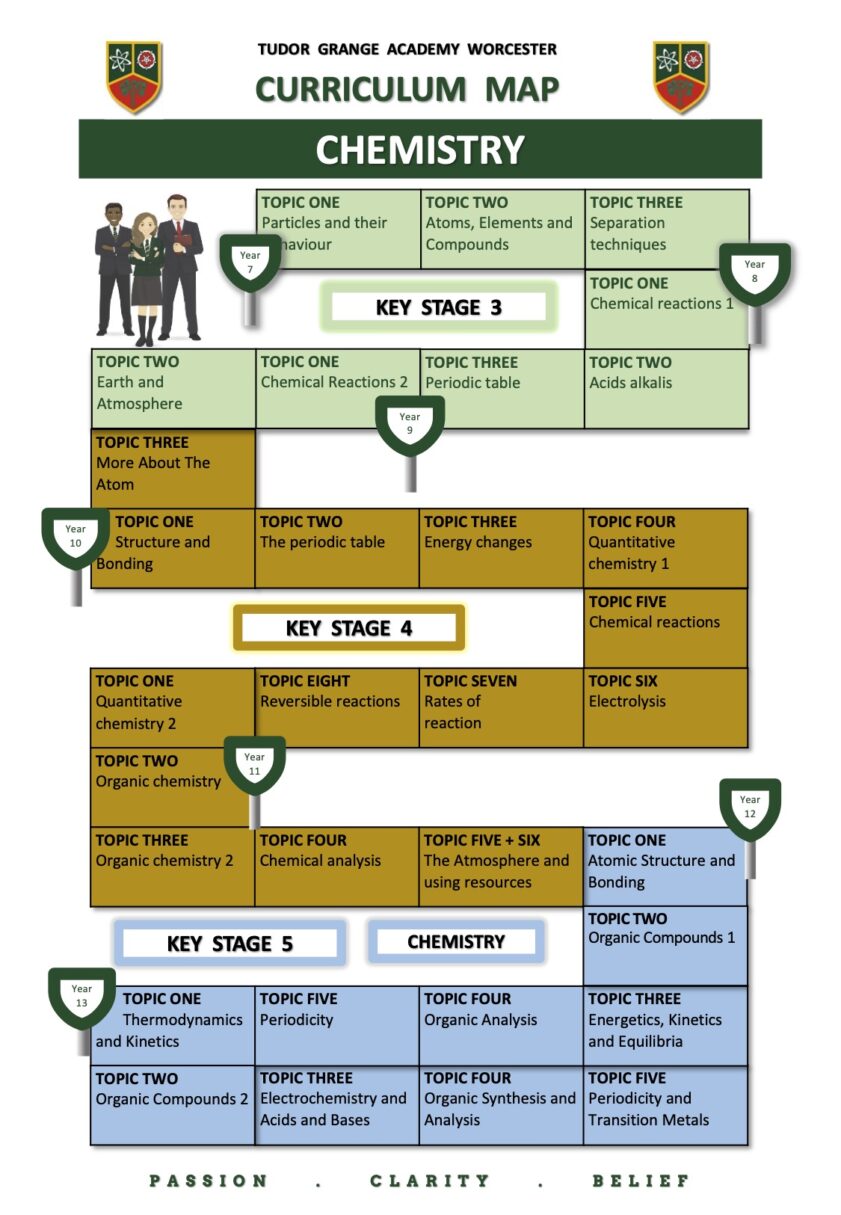Science

Curriculum Intent
Science makes sense of the world around us

Knowledge
Science makes sense of the world around us. Students will study the three main areas of science: biology, chemistry and physics. The combination means students will learn about how living things work, the chemical reactions that underpin these life processes and the nature and properties of matter and energy that make all this possible. They will explore these key ideas through practical investigation and the study of everyday phenomena and the scientific principles that explain them.
Purpose
Thinking like a scientist involves applying scepticism to ideas and forming testable hypotheses. This type of thinking can lead to experiments, and it can help people develop skills for determining whether something they hear or see is true. Science also requires creativity, so scientific thinking includes determining means of testing specific ideas to prove them true or false. Students will develop key skills around acting like a scientist including how to ask precise questions to explore the validity of information presented as well as explaining experimental results or observations using existing knowledge. Additionally, students will develop resilience as their thinking is challenged and stretched across the science curriculum as well as making links from across the wider school curriculum. This includes students learning how to do maths like a scientist.
Proactivity
Curiosity – As has been true for thousands of years in the discipline, students are encouraged to ask “why” in science. Through exploring why scientific phenomena occur, students’ curiosity will be captured as they discover more about how the human body works, the importance of chemical reactions in everyday life and how studying physical quantities around us can explain what we see or experience.
Commitment – Students will develop their commitment by consistently being challenged in a structured way. Students will grow independence, and resilience through regular practice at applying knowledge to unfamiliar scenarios to become effective communicators utilising scientific reading and writing.
Courage – Students will have regular opportunity to problem solve both through unfamiliar contexts and during experimental work. A culture of learning from your mistakes has led to many discoveries throughout scientific history, meaning students are encouraged to simply try and continue to ask questions. Students are provided a safe and encouraging environment to join in and learn through exploration, where challenging themselves and others will help develop their scientific understanding as well as their ability to talk like a scientist.
Curriculum Map



